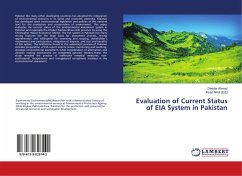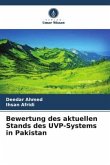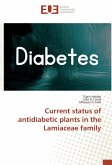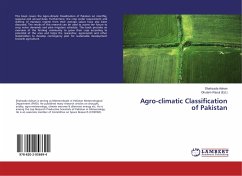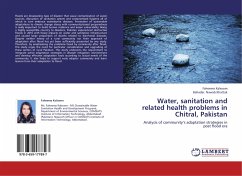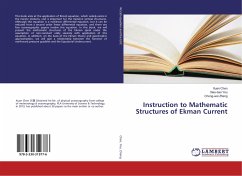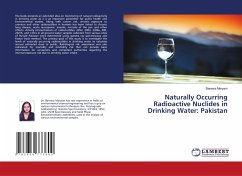Pakistan like many other developing countries has adopted the integration of environmental concerns in its social and economic planning. Pakistan has developed some environmental legislation and policies at the national level for the protection and conservation of environment. This paper evaluates the current status of the environmental assessment system in Pakistan and especially the Khyber Pakhtunkhwa (KP) province by using the Christopher Wood Evaluation Model. The EIA system in Pakistan has many strong features like the legal basis for assessment process, strong apprehension and willingness for screening and scoping, stakeholder's involvement and participation, mitigation of impacts, and cost and benefits of EIA system. The limitations found in the assessment process of Pakistan includes preparation of EIA report and its review, monitoring and auditing, strategic environmental assessment, while consideration of alternatives and decision making mechanisms are completely ignored. Besides these, the study revealed the practice of ineffective remedial measures, non-professional, inexperience and unregistered consultants involved in the environmental assessment.
Bitte wählen Sie Ihr Anliegen aus.
Rechnungen
Retourenschein anfordern
Bestellstatus
Storno

